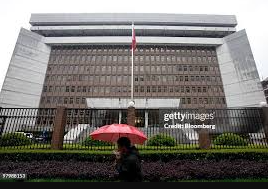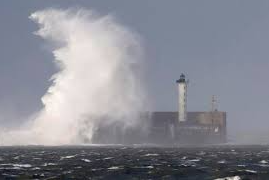
Danish and German Leaders Call for Stronger European Unity and Defence Cooperation
German Chancellor Olaf Scholz has reiterated that “borders must not be moved by force” following remarks from US President Donald Trump regarding Greenland. The statement came after Scholz met with Denmark’s Prime Minister Mette Frederiksen in Berlin, where they discussed pressing issues of European security and cooperation.
Trump recently suggested that the US would pursue control over Greenland, even hinting at the use of tariffs or military force in a bid to seize the territory, which remains under Denmark’s sovereignty. Although Trump’s comments were not directly addressed during the press conference, the subtext of the discussion was evident.
Scholz, reflecting on the importance of border inviolability in the context of Russia’s invasion of Ukraine, affirmed that the principle of territorial integrity applies universally. Speaking in both German and English, he added pointedly, “Borders must not be moved by force. To whom it may concern.”
Prime Minister Frederiksen also emphasised the growing challenges faced by Europe, calling for greater unity and self-reliance. She stated, “We need a stronger and more resolute Europe standing increasingly in its own right, capable of defending and promoting European interests. We must take more responsibility for our own security.”
As tensions rise globally, the EU will hold its first summit focused on defence next Monday, aiming to enhance military capabilities and secure adequate funding. This comes amid increased concerns over the actions of Trump, who has previously suggested that NATO members who don’t contribute their fair share should be targeted, further exacerbating European anxieties.
In response to Trump’s comments on Greenland, EU officials have largely chosen to remain silent, with some suggesting that it’s more productive for Denmark to manage its own diplomatic matters. One senior EU official remarked that the focus should be on supporting Denmark, rather than escalating tensions.
The Danish government has also introduced several measures aimed at strengthening its position on Greenland. These include a significant investment to enhance Arctic surveillance and sovereignty, as well as initiatives to combat racism against Greenlandic people. Denmark has committed to spending 14.6 billion kroner (£1.64bn, $2.04bn) on new Arctic vessels, drones, and satellite technology to bolster its control over the region.
In the face of mounting pressure, Denmark’s government continues to assert its commitment to defending Greenland, even as it navigates the complex geopolitical dynamics in the Arctic, where both China and Russia are expanding their military and strategic influence.
The situation highlights the growing significance of Greenland in the global arena, as its mineral wealth and strategic location make it a key focus of international competition.

















